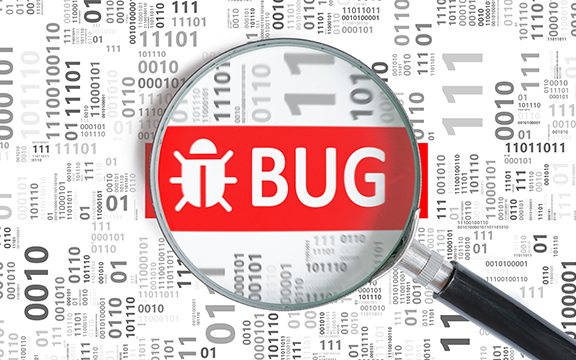TECHROAD - A series of credit-eligible courses recognized by industry.
The track is made of 3 main courses, This track aims to graduate distinguished calibers that are strongly prepared to serve in the software development industry and testing domain and to have job opportunities for joining the IT companies in the following specializations:
Software Quality Control (QC)/Testing
Graduates of this track can fit as:
Software Quality & Testing Engineer
Requirements
Basic IT Knowledge
The Target Audience:
IT Specialist who want to be Software Tester .
Frequently Asked Questions
What is 'Software Quality Assurance'?
Software QA involves the entire software development PROCESS - monitoring and improving the process, making sure that any agreed-upon processes, standards and procedures are followed, and ensuring that problems are found and dealt with. It is oriented to 'prevention'.
What is 'Software Testing'?
Testing involves operation of a system or application under controlled conditions and evaluating the results (e.g., 'if the user is in interface A of the application while using hardware B, and does C, then D should happen'). The controlled conditions should include both normal and abnormal conditions. Testing should intentionally attempt to make things go wrong to determine if things happen when they shouldn't or things don't happen when they should. It is oriented to 'detection'.
• Does every software project need testers?
While all projects will benefit from testing, some projects may not require independent test staff to succeed.
Which projects may not need independent test staff? The answer depends on the size and context of the project, the risks, the development methodology, the skill and experience of the developers, and other factors. For instance, if the project is a short-term, small, low risk project, with highly experienced programmers utilizing thorough unit testing or test-first development, then test engineers may not be required for the project to succeed.
Why does software have bugs?
Miscommunication or no communication - as to specifics of what an application should or shouldn't do (the application's requirements).
Programming errors - programmers, like anyone else, can make mistakes.
Dependencies among code modules, services, systems, other projects, etc may not be well understood, and may cause unexpected problems.


